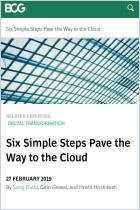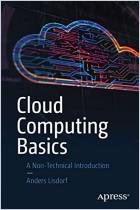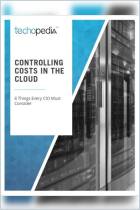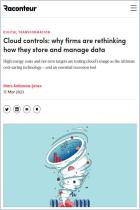
Article
Why Companies Get the Hybrid Cloud Wrong and What to Do About It
Boston Consulting Group,
2021
Recommendation
When a company first ventures into cloud architecture territory, they must choose from among public, private, hybrid or multicloud systems. These decisions can be intimidating, but don’t put them off, especially if you belong to a legacy company where leadership remembers when IT was an afterthought. Digitization requires advanced technology, and advanced technology requires the cloud. In this special report, the Boston Consulting Group highlights a company’s most important considerations when developing cloud architecture.
Summary
About the Authors
Pranay Ahlawat, Johannes Boyne, Thomas Körfer, Jonas Kulessa, Annika Melchert and Florian Schmieg are professionals with the Boston Consulting Group.
By the same authors
Article
Learners who read this summary also read
Article
Article
Article



















Comment on this summary